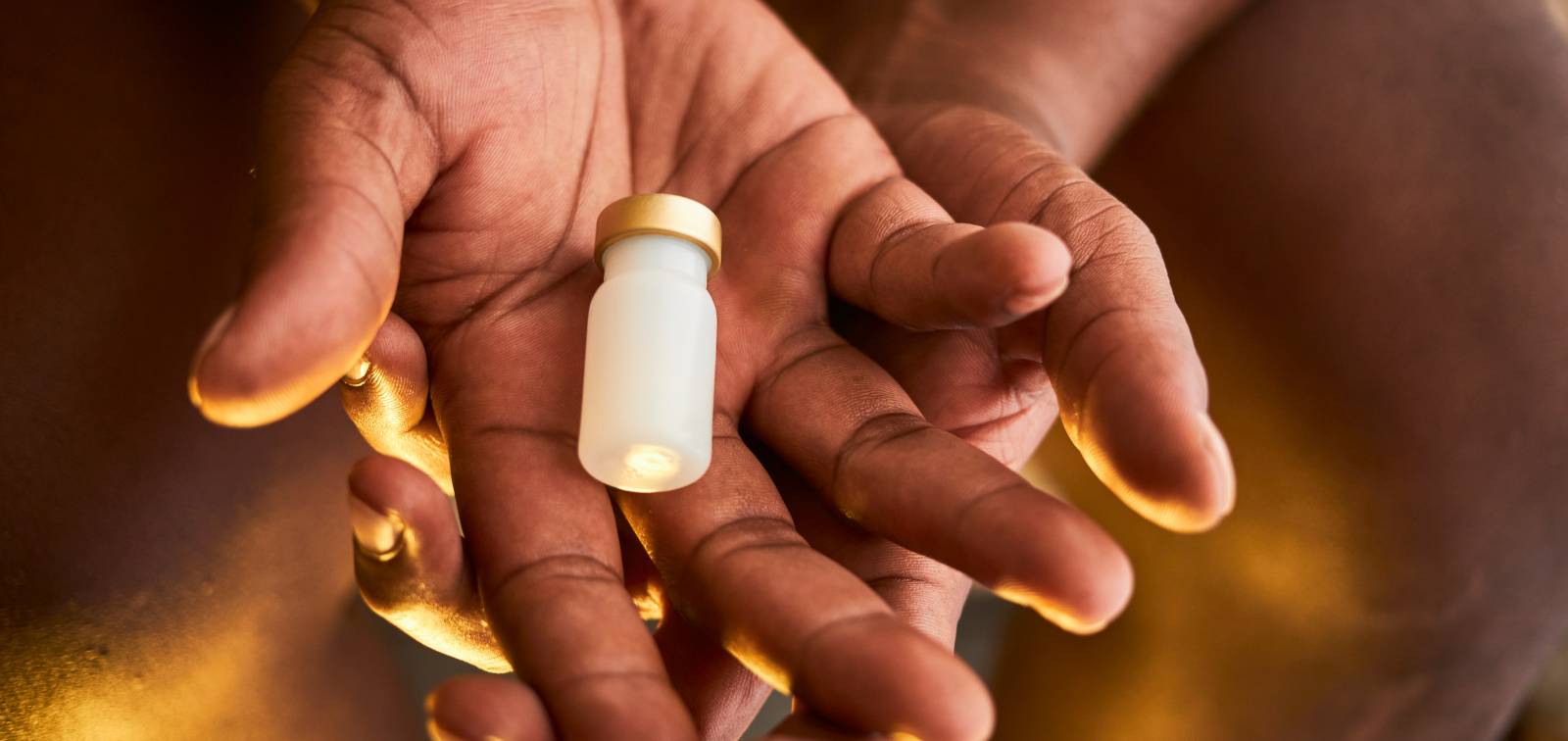A European Project Aims to Develop Vaccines Against Parasitic Worms
The WORMVACS2.0 consortium is led by the Leiden University Medical Center in the Netherlands, and ISGlobal leads the work package on immunology
10.11.2023
Infections with parasitic worms represent a huge health burden, affecting hundreds of millions of people worldwide. Yet, there are no vaccines to protect against helminth infection. An international team of researchers led by Leiden University Medical Center (LUMC) has come together to tackle this problem. ISGlobal is part of the European-funded WORMVACS2.0 consortium and will be leading the work package on immunology.
Research and development of vaccines against parasitic worms (also known as helminths) has so far been limited. The mechanisms of the human immune responses to helminths are not well understood, but recent studies in volunteers exposed to helminths in a controlled and safe manner are allowing a much better understanding of protective immunity. The consortium will use these studies and explore new laboratory approaches to identify the best molecular targets for developing effective helminth vaccines. Moreover, new methods to produce helminth vaccines will be tested, including the mRNA platform used for some of the COVID-19 vaccines.
Two parasitic worms under the spotlight
The project, called WORMVACS2.0, will focus specifically on hookworm and schistosome infections. According to the latest estimates, 500-800 million people are infected with hookworms, and about 250 million with schistosomes, mostly in tropical and subtropical regions. Infections with intestinal hookworms occur when larvae from the soil penetrate the human skin. Schistosome infections occur through contact with water that contains larvae shed by infected snails. After penetrating the skin, the parasite enters the blood. Helminth infections lead to various health problems, and schistosomes in particular can cause severe inflammation and organ damage. Drugs are available to treat these infections, but people living in areas where these parasites are present get constantly reinfected due to a lack of durable immunity. Vaccines can help break this cycle.
The aim of the immunology work package led by ISGlobal researchers Carlota Dobaño and Gemma Moncunill is to better understand the immune response to helminths and to identify new antigens that can be used to induce long-lasting immune responses. “Helminths are complex parasites with a large genome and a wide range of antigens (proteins, glycoproteins and glycans) that can be recognised by the immune system,” explains Dobaño. “Integrating our immunology findings with clinical data from trials and field studies will help to guide the design of the next generation of worm vaccines” adds Moncunill.
WORMVACS2.0 is a collaboration between researchers from several institutes in Europe, Africa, the United States and Australia. LUMC Professor Cornelis Hokke, coordinator of the consortium, says: “Helminth infections cause a massive global health burden. The discovery and development of effective vaccines and an innovative helminth vaccine development pipeline will provide essential contributions to our toolbox for the control and prevention of these devastating diseases”.
The project will receive 6.9 million euros funding from the European Commission (Horizon Europe programme). The kick-off meeting was held in October at LUMC.



